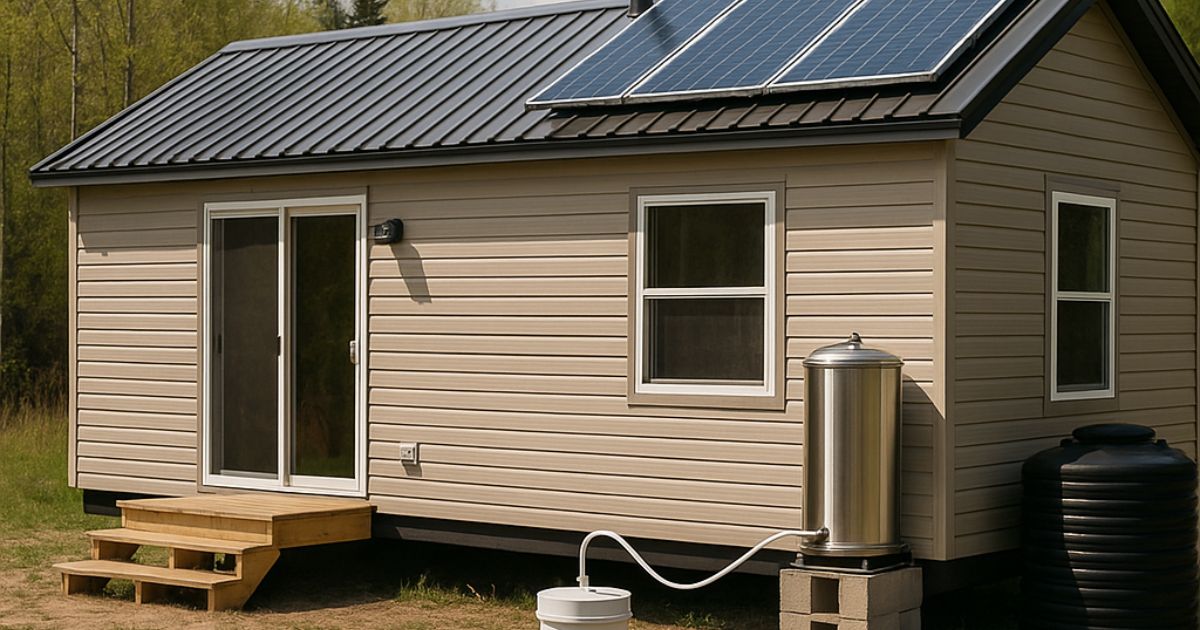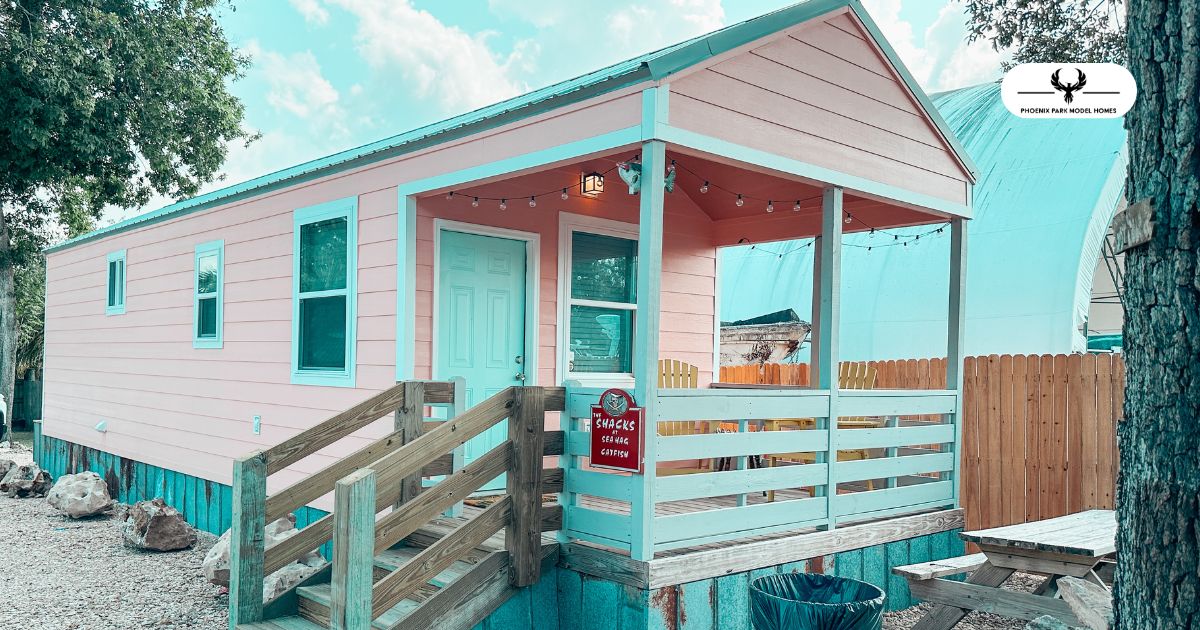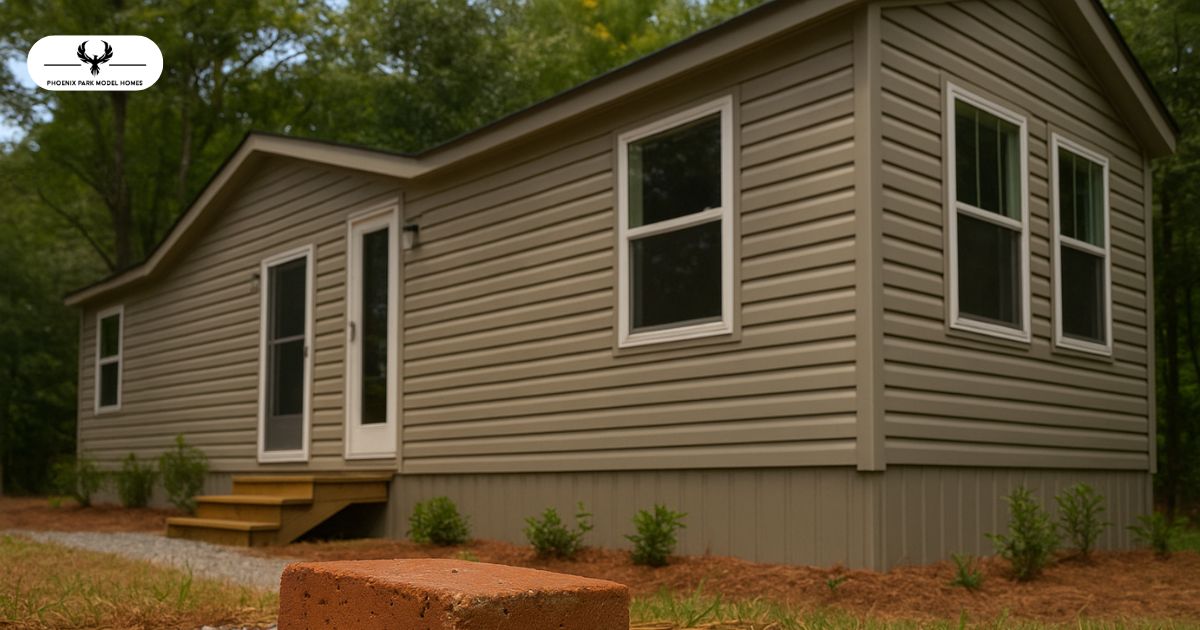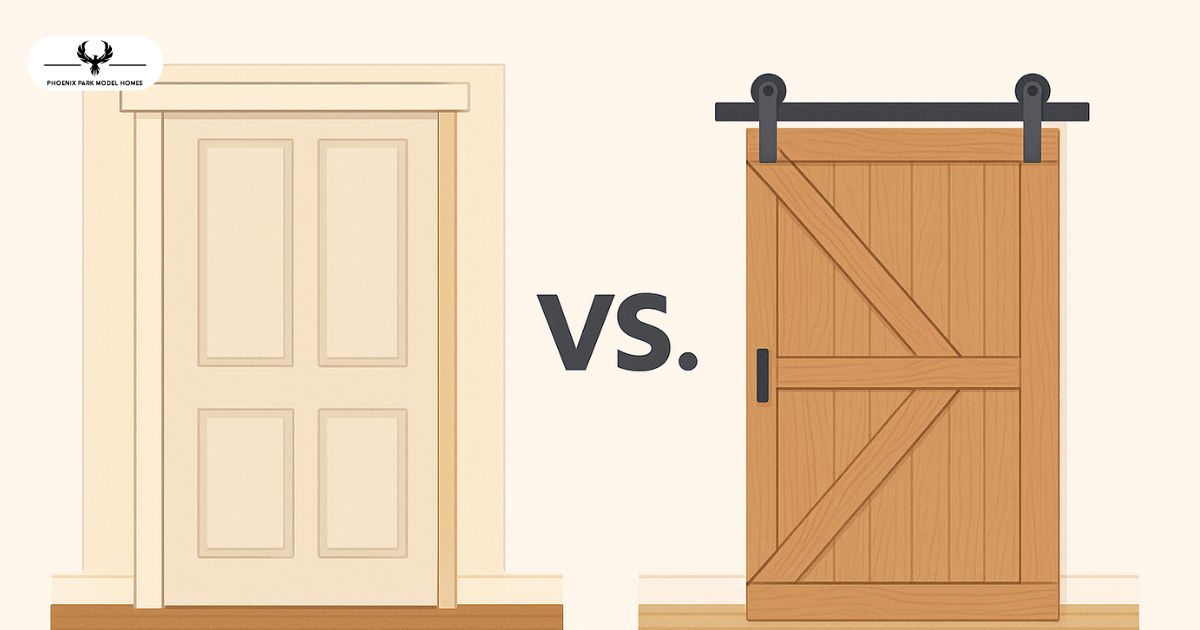Living off grid in a park model home is a unique lifestyle, offering independence and flexibility. But access to safe, clean water is critical. Whether you’re stationed at a remote location, enjoying a seasonal retreat, or embracing sustainable living, choosing the right water filtration system ensures your health and comfort.
In this guide, we explore effective water filtration solutions tailored for off-grid park models, from simple carbon filters to advanced RO systems, highlighting their pros, cons, and installation tips.
Comparison Table: Quick Overview
| Filtration Solution | Best For | Pros | Cons | Maintenance |
| Activated Carbon Filters | Taste & odor removal | Affordable, easy to replace | Limited heavy metal removal | Replace every 3–6 months |
| Reverse Osmosis (RO) Systems | High purity water | Removes most contaminants | Expensive, slow output | Membrane replacement every 1–2 years |
| UV Water Purifiers | Bacteria/virus elimination | Chemical-free disinfection | No sediment removal | Bulb replacement yearly |
| Ceramic Filters | Off-grid, rural areas | Durable, no chemicals | Slow flow | Clean regularly, replace if cracked |
| Portable Gravity Filters | Camping & temporary setups | Highly portable | Limited capacity | Filter replacement required |
Activated Carbon Filters: Affordable and Practical
Activated carbon filters are the most popular choice for off-grid setups:
- Removes chlorine, bad tastes, and odors.
- Easy installation under sinks or at the water source.
- Low upfront cost and widely available.
Pair with sediment pre-filters to prolong filter life in areas with murky water.
Phoenix Park Models are built for efficient, off-grid living, making it easy to add water filtration, solar, and other smart upgrades. Explore designs that maximize space and comfort.
Reverse Osmosis Systems: Pure Water for Every Need
RO systems provide superior filtration by forcing water through a semi-permeable membrane.
- Removes heavy metals, salts, and chemical contaminants.
- Ideal if your off-grid water source is a well or untreated municipal water.
- Often paired with activated carbon filters for taste and odor.
Consideration: They produce waste water and require a pressurized system, plan accordingly for off-grid setups.
UV Water Purifiers: Chemical-Free Protection
UV purifiers use ultraviolet light to deactivate bacteria, viruses, and protozoa.
- Effective for biological contamination.
- Compact and energy-efficient, suitable for solar-powered setups.
- Works best when water is clear; sediment must be pre-filtered.
Ceramic Filters: Durable and Low Maintenance
Ceramic filters are excellent for rural or off-grid park models.
- Long-lasting and easy to clean.
- Removes bacteria and debris.
- Flow rate is slower, so best for small households or supplementary filtration.
Portable Gravity Filters: Flexible On-the-Go Solution
Perfect for temporary stays or travel in your park model:
- No electricity required.
- Lightweight and portable.
- Can filter several gallons per hour, depending on size.
Ideal for campgrounds, remote cabins, or emergency water backup.
Installation Tips for Off-Grid Park Models
- Always pre-filter murky water to extend the life of your main filter.
- Keep a small backup filter or replacement cartridges on hand.
- Consider integrating your filtration system with rainwater collection or storage tanks.
- Regular maintenance is crucial to prevent bacterial growth.
Conclusion
Safe water is non-negotiable in off-grid living. With the right combination of filtration methods, whether carbon, RO, UV, ceramic, or portable, you can enjoy a sustainable, healthy lifestyle in your park model home. Balancing cost, maintenance, and water quality ensures long-term satisfaction for your off-grid adventure.
Frequently Asked Questions
1. What is the best water filtration system for off-grid park models?
It depends on water source quality. RO + carbon filter for treated/contaminated water, ceramic or gravity filters for natural sources.
2. Can I power a UV purifier off-grid?
Yes, small UV systems can run on solar panels or battery-powered setups.
3. How often should filters be replaced?
Activated carbon: 3–6 months | RO membrane: 1–2 years | UV bulb: 1 year | Ceramic: as needed
4. Can I drink rainwater in a park model?
Yes, if filtered properly with sediment, carbon, and UV purification.
5. Are portable filters reliable for long-term use?
Portable gravity filters are best for temporary use or emergencies; combine with permanent systems for daily water needs.












